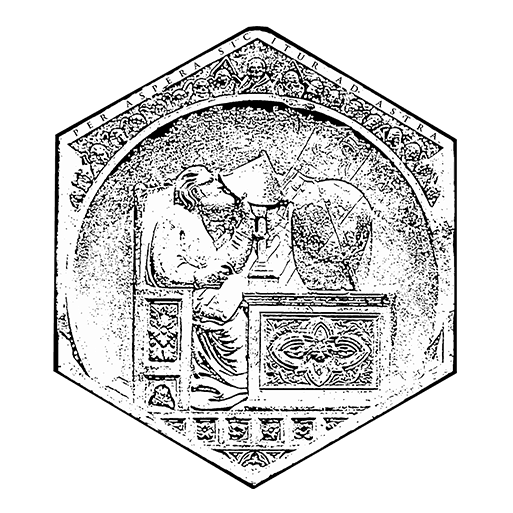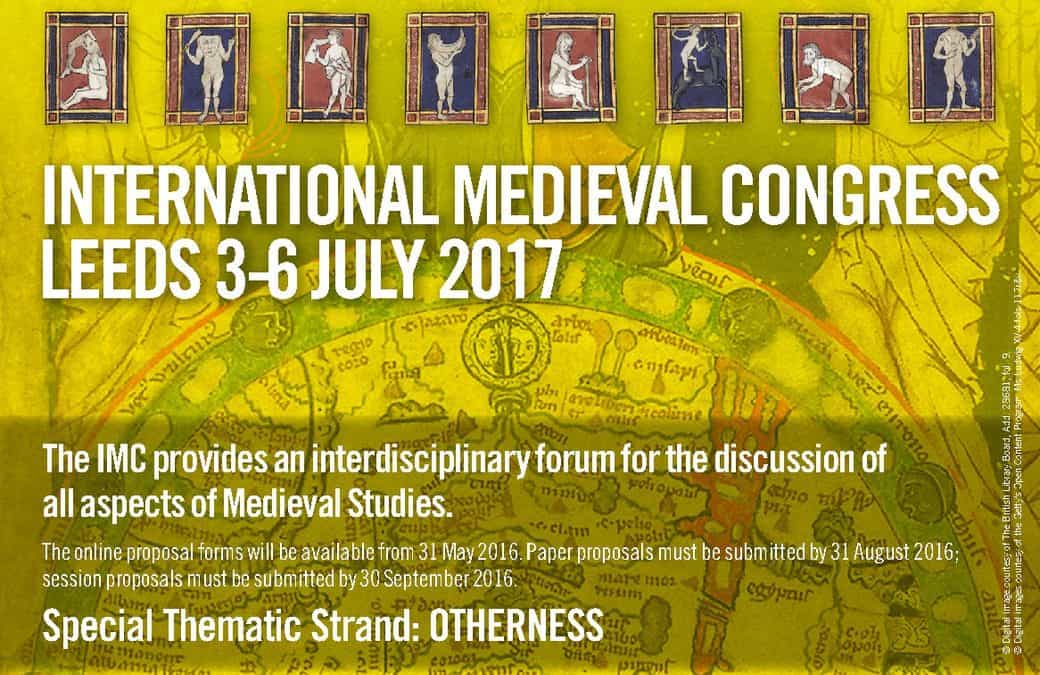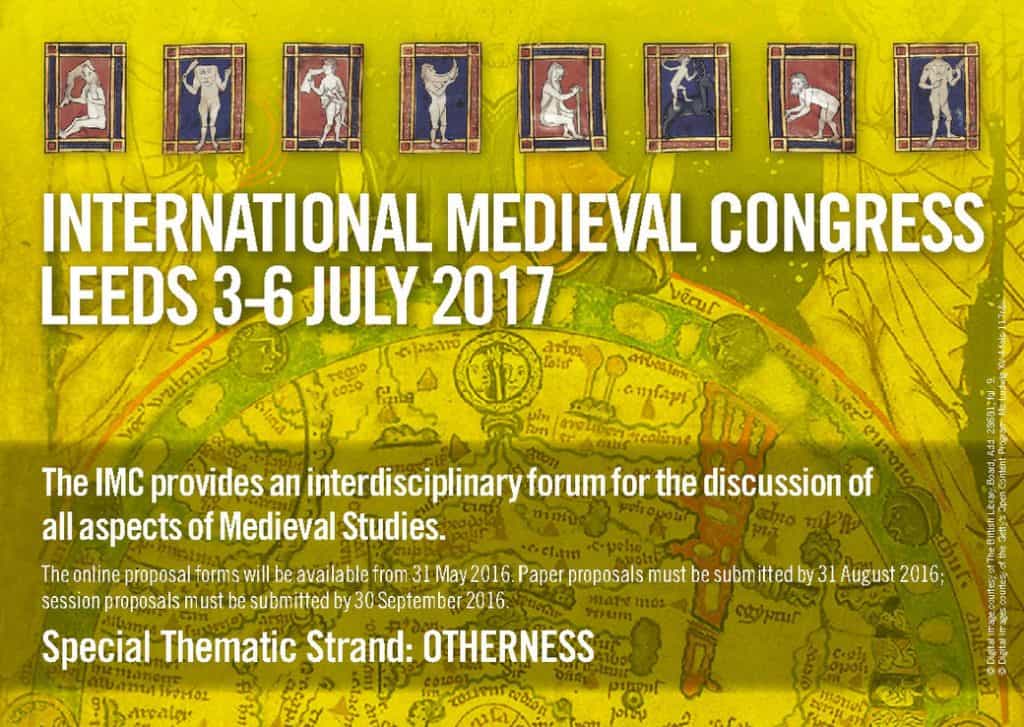The twenty-third International Medieval Congress will take place in Leeds, from 3-6 July 2017.
NUME will takes part to the Congress with the contribution “Defacing the face of God: the Otherness of the Man of Sorrows”, by dr. Luigi Tuccillo, about the image of the Man of Sorrows in Franciscan meditative texts, interpreting it as a device that reshapes the relationship between appearing and being, otherness and likeness, and deformation and conformation. This study is part of a panel examining the relationship between otherness and likeness by focusing on the interweaving of body, image, and vision in the culture of drama and performance in the Christian Middle Ages. Donatella Tronca will analyze the patristic consideration of dancing as an instrument to redefine religious and social otherness and the Christian identity. By examining sources from Bernard of Clairvaux to Dante, Carla Bino will show that seeing through the Mother’s empathetic gaze allows us to recognize both the other as our neighbour and God as our effigy.
The IMC provides an interdisciplinary forum for the discussion of all aspects of Medieval Studies. Paper and session proposals on any topic related to the Middle Ages are welcome. However, every year, the IMC chooses a special thematic strand which – for 2017 – is ‘Otherness’. This focus has been chosen for its wide application across all centuries and regions and its impact on all disciplines devoted to this epoch.
‘Others’ can be found everywhere: outside one’s own community (from foreigners to non-human monsters) and inside it (for example, religious and social minorities, or individual newcomers in towns, villages, or at court). One could encounter the ‘Others’ while travelling, in writing, reading and thinking about them, by assessing and judging them, by ‘feelings’ ranging from curiosity to contempt, and behaviour towards them which, in turn, can lead to integration or exclusion, friendship or hostility, and support or persecution.
The demarcation of the ‘Self’ from ‘Others’ applies to all areas of life, to concepts of thinking and mentalité as well as to social ‘reality’, social intercourse and transmission of knowledge and opinions. Forms and concepts of the ‘Other’, and attitudes towards ‘Others’, imply and reveal concepts of ‘Self’, self-awareness and identity, whether expressed explicitly or implicitly. There is no ‘Other’ without ‘Self’. A classification as ‘Others’ results from a comparison with oneself and one’s own identity groups. Thus, attitudes towards ‘Others’ oscillate between admiring and detesting, and invite questioning into when the ‘Other’ becomes the ‘Strange’.
The aim of the IMC is to cover the entire spectrum of ‘Otherness’ through multi-disciplinary approaches, on a geographical, ethnic, political, social, legal, intellectual and even personal level, to analyse sources from all genres, areas, and regions.
Possible entities to research for ‘Otherness’ could include (but are not limited to):
• Peoples, kingdoms, languages, towns, villages, migrants, refugees, bishoprics, trades, guilds, or seigneurial systems
• Faiths and religions, religious groups (including deviation from the ‘true’ faith) and religious orders
• Different social classes, minorities, or marginal groups
• The spectrum from ‘Strange’ to ‘Familiar’
• Individuals or ‘strangers’ of any kind, newcomers as well as people exhibiting strange behaviour
• Otherness related to art, music, liturgical practices, or forms of worship
• Any further specific determinations of ‘alterity’
Methodologies and Approaches to ‘Otherness’ (not necessarily distinct, but overlapping) could include:
• Definitions, concepts, and constructions of ‘Otherness’
• Indicators of, criteria and reasons for demarcation
• Relation(s) between ‘Otherness’ and concepts of ‘Self’
• Communication, encounters, and social intercourse with ‘Others’ (in embassies, travels, writings, quarrels, conflicts, and persecution)
• Knowledge, perception, and assessment of the ‘Others’
• Attitudes and behaviour towards ‘Others’
• Deviation from any ‘norms’ of life and thought (from the superficial to the fundamental)
• Gender and transgender perspectives
• Co-existence and segregation
• Methodological problems when inquiring into ‘Otherness’
• The Middle Ages as the ‘Other’ compared with contemporary times (‘Othering’ the Middle Ages).
The Special Thematic Strand ‘Otherness’ will be co-ordinated by Hans-Werner Goetz (Historisches Seminar, Universität Hamburg).
External link:
https://www.leeds.ac.uk/ims/imc/imc2017_call.html


